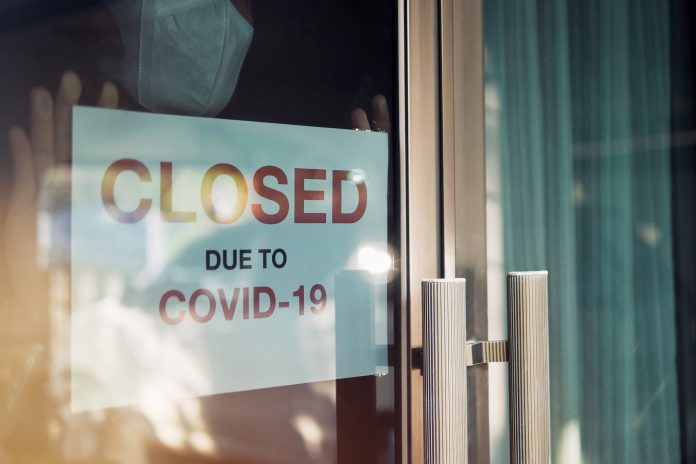Philip Turvey, executive director of Anglia Research, provides insight into what the post-COVID-19 work environment may look like in the months ahead
This decade certainly hasn’t started the way most of us expected. The coronavirus crisis has disrupted all aspects of everyday life and sent the global economy into a tailspin.
All of this translates into some sizeable headaches for business leaders, with one such headache being the shift to digitalisation. The lockdown measures imposed by the UK government on March 23rd has forced many businesses to work from home and quickly shift meetings, appraisals, and any other internal communications online.
Although it may have been tricky at first, we are now over a month into the lockdown and any teething problems with shifting to a digital-first way of working seem to have been resolved. Now, with this new method in place, the debate has moved to which working practices should return to normal when the lockdown is lifted, and which digital-first practices should remain indefinitely.
Unfortunately, the answer to this debate is anything but straightforward. The new post-COVID-19 work environment shouldn’t simply be digital-first, where everything is moved online, and face-to-face communication is cut down as much as possible. That would be a random, ill-thought-through measure that could dampen morale, decrease productivity, and weaken areas of a business where face-to-face communication is vital.
Instead, when we exit lockdown, leaders need to assess which aspects of the business work best online and which areas don’t. Remember some aspects of a business simply work better when you are in the office, such as all-team brainstorms or when a member of staff needs to assess physical copies of key documents.
Why you shouldn’t shift to a total digital-first approach
A great example of this is the work we conduct at Anglia Research. Our bread and butter is probate genealogy – where we conduct a genealogical investigation into the family and next-of-kin of a deceased person and identify who would be entitled to inherit their estate under the relevant law.
This often involves sifting through a mass of historical records, including birth, death and marriage certificates, drawing up the deceased’s family tree and identifying the next-of-kin. Studying physical records is an area of the sector that we are experts in, and it would be nullified if we shifted to a total digital-first approach.
Similarly, we’ve seen businesses across the hospitality, leisure, property, and restaurant sector temporarily change their approach to survive the crisis. Take Purplebricks, for example, the estate agent is now offering virtual property tours to any prospective buyers who are looking to purchase a property but cannot physically attend viewings. Whilst this is an ingenious way to help business continue during this turbulent time, it is unlikely to continue post-lockdown as it counteracts Purplebricks’ expertise at running engaging house viewings.
Which policies could stay after lockdown ends?
However, it’s important to note that the coronavirus crisis has shown how many businesses can transition to a partial work-from-home policy after the lockdown has passed.
While some companies will inevitably go back to rigid work-in-office policies, many will likely realise the benefits to employees and understand that it can be done effectively with minimal impact on productivity.
The ease at which employees can transition to working from home has been helped by the plethora of digital tools available for businesses. For instance, since the lockdown we’ve utilised online genealogical resource sites to a greater extent, such as Ancestry.com, to allow us to fully service our clients whilst we are unable to access corresponding physical records.
The continued availability of these services suggests that policies, such as working from home, may remain after the lockdown has been lifted.
The coronavirus pandemic has changed the day-to-day working practices for millions of people around the UK. However, as we begin to pass the peak and start to look at life after lockdown, businesses must assess which corona-induced policies they want to keep. Whilst leaders may want to shift to a digital-first mindset, they need to review their practices and understand which aspects of the business should be kept the same and which should change. If they don’t then they risk losing sight of what distinguishes the business from its competitors.











